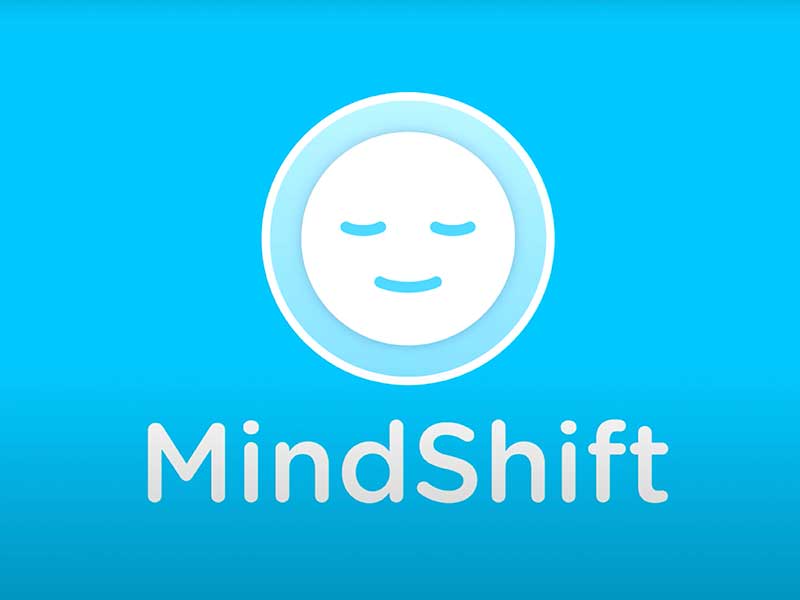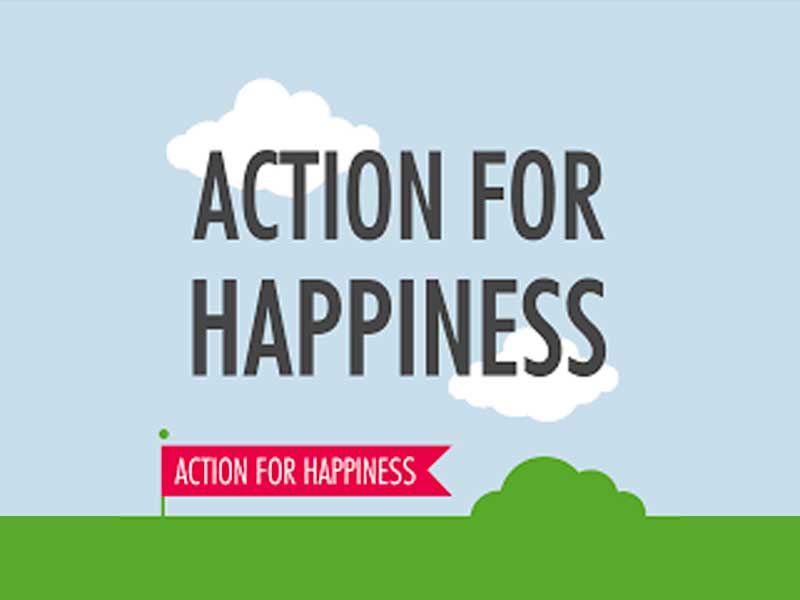Local Resources
Connect with someone now.
Crisis Services Canada is a collaboration of non-profit distress and crisis service centres from across Canada. They offer a nationally available, regionally delivered service to anyone thinking about or affected by suicide. Canada Suicide Prevention Service is available 24/7, via toll-free phone.
Call toll free at:
1.833.456.4566
Available 24/7
Text someone at:
45645
Available 4pm – 12am ET
If You Are In Crisis Call 911 Or Go Directly to your nearest Hospital Emergency Department
Helpful Apps

Breathr: Mindful Moments
FREE
An app to help introduce the concept of mindfulness and create an easy access point for those who are new to this practice. Users try out a variety of mindfulness practices, while also teaching them interesting facts about the brain science behind these practices.

Headspace: Meditation & Sleep
$$
Meditate and sleep soundly. Headspace is your guide to practicing mindfulness in your everyday life. Learn how to relax, manage stress, and focus your energy to become more centered and well rested. Create a calm and positive environment with Headspace.
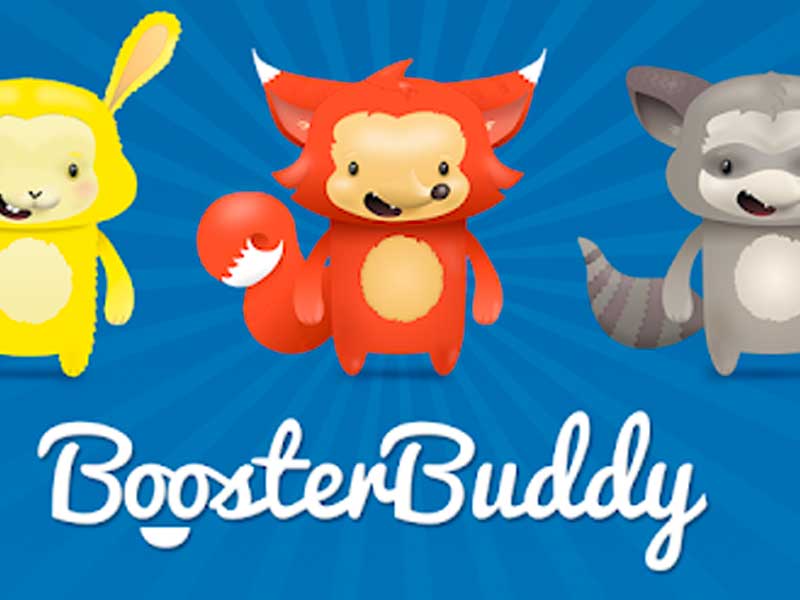
BoosterBuddy
FREE
A free app designed to help teens and young adults improve their mental health. Manage your personal wellness journey and earn achievements as your sidekick guides you through a series of daily quests designed to establish and sustain positive habits.
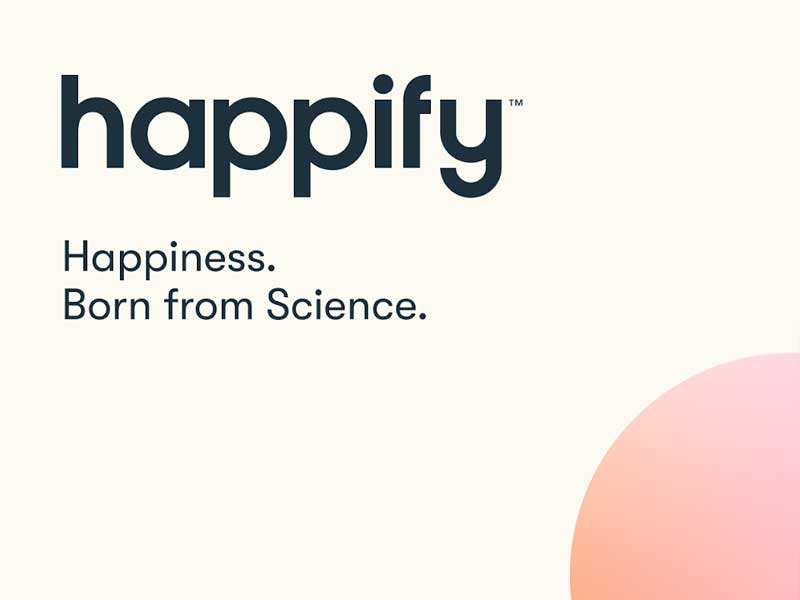
Happify: for Stress & Worry
FREE
Happify’s science-based activities and games can help reduce stress, overcome negative thoughts, and build greater resilience by providing effective tools and programs to improve emotional well-being.

Woebot: Your Self-Care Expert
FREE
Helps you thinking through situations with step-by-step guidance:
- Mood tracking
- Cognitive Behaviour Therapy tools
- Daily check-ins
- Stress reduction skills
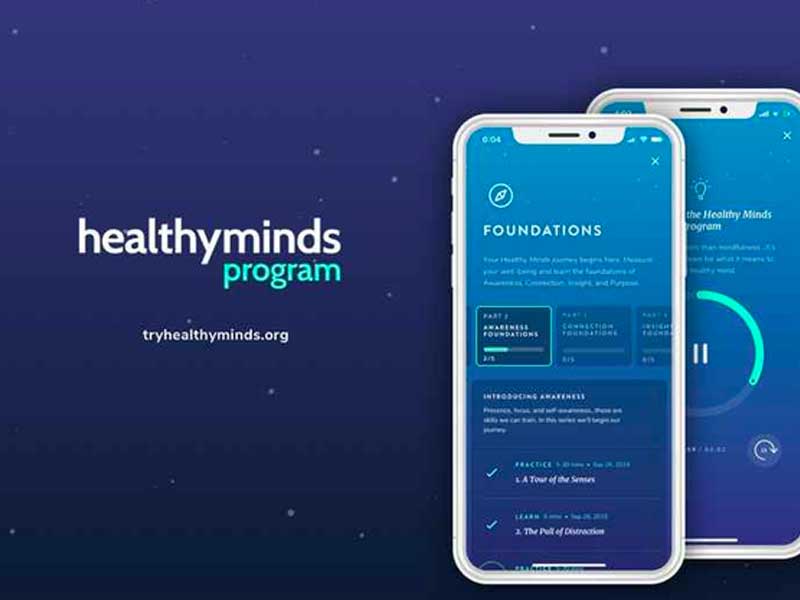
Healthy Minds Program
FREE
The Healthy Minds Program trains your mind through meditation and podcast-style lessons to develop skills - to gain focus, reduce stress, and maintain positive social connections.






